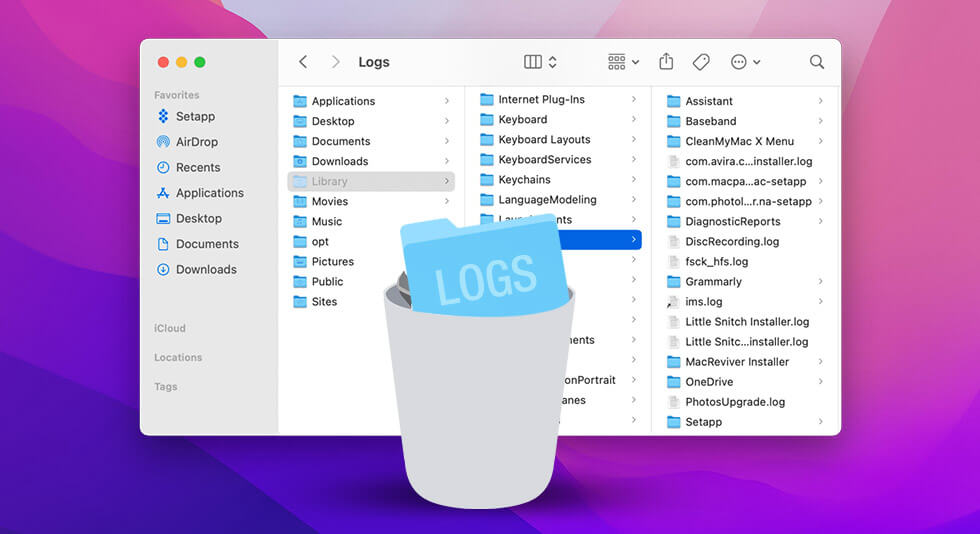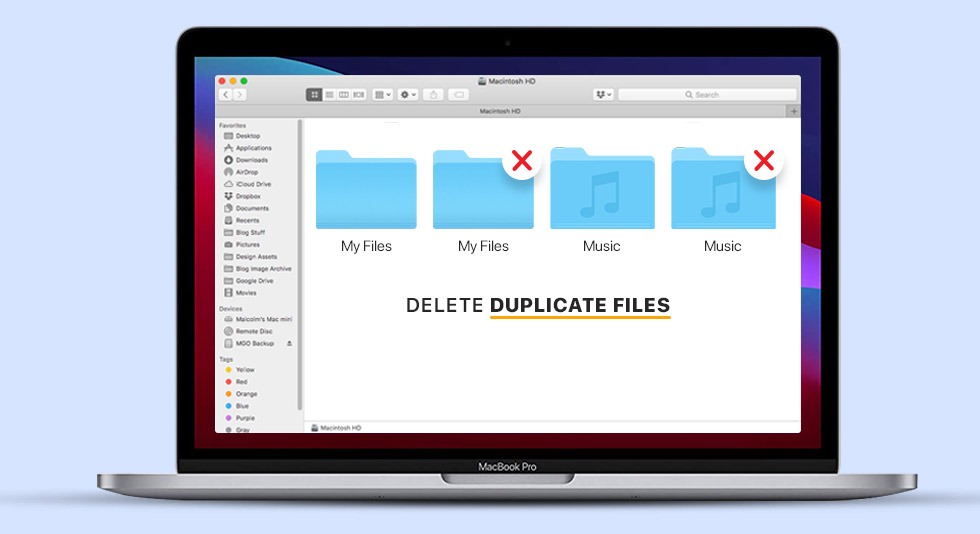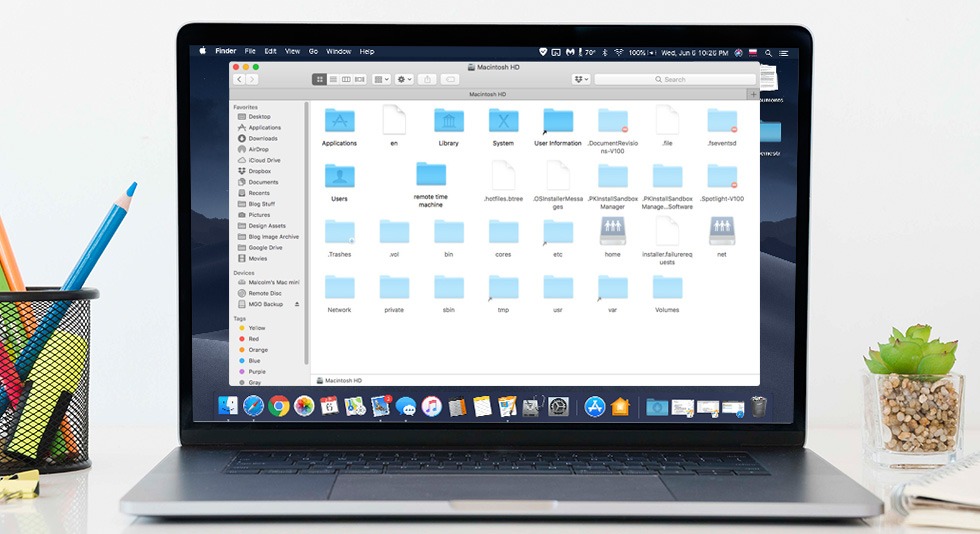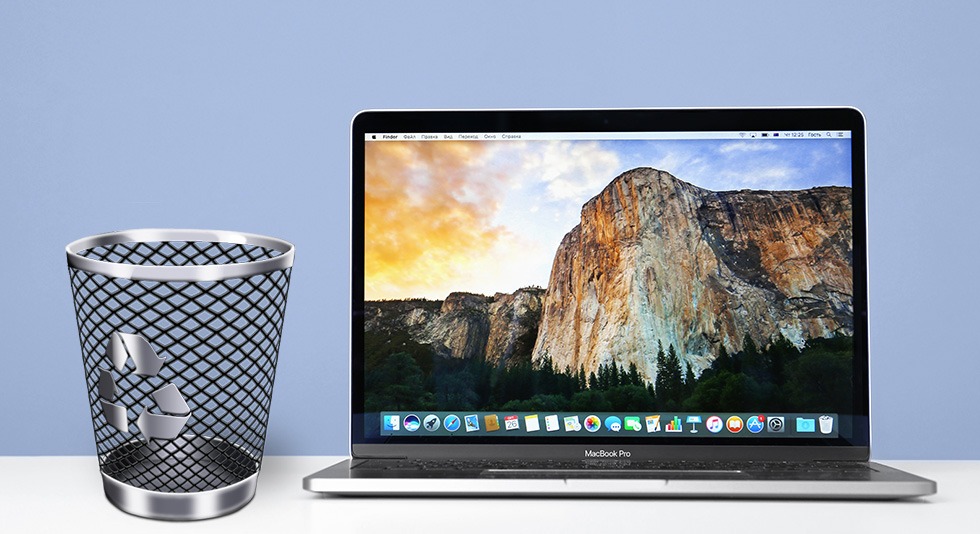How to Delete System Log Files on Your Mac

As a Mac user, you may have come across these situations – First, running out of storage space, and second, apps crash now and then. Now, here is why these situations occur –
Apart from files cluttering your storage space, which you often clean, you should also delete logs files on Mac. since if log files go unchecked they can soon clog up your Mac’s space. It is therefore a wise move to get rid of older system and application log files. Coming to the second scenario i.e. apps crashing now and then, in case your apps are crashing, one way is to uninstall them completely and then reinstall them and the second is to send the crash log to the developer for which you can get your hands on the crash log.
In this post, we’ll discuss how to delete log files on Mac, and we’ll even dive into how to identify and remove macOS crash logs as well.
Are System Log Files Safe To Delete?
Even though you are headed to how to delete system log files on Mac, but, wouldn’t you want to know what System log files are? And, will deleting System log files pose any risks?
System log files save and capture everything pertaining to your system applications – their activities, internal errors, problems, and various other services. If you are a developer, you would probably relate to it even more because such reports are sent to you especially when an app crashes.
Now, comes the important part and that is can I delete log files on Mac? In most cases getting rid of system and application log files on Mac shouldn’t cause any issue. That’s because even if you delete them, your Mac will generate log files again.
Best Methods To Find and Delete Log Files From Mac?
1. Using The Finder
Before we proceed to the steps on how you can track and remove system and application logs, first let’s get a brief on where they are located. The application logs are saved in ~/Library/Logs while the system logs are found in /var/log. And, how do we reach there? using our Finder. Let’s dive into the detailed steps –
1. Open your Mac’s Finder app
2. Click on Go > Go to Folder
3. In the box that occurs type ~/Library/Logs if you intend to find application logs and /var/log if you aim at tracking down system logs
4. Hit the Go button to proceed

5. Select the files that you want to remove, right-click and then select Move to Bin

6. Now, turn to your Mac’s Trash on your Dock signified by a Trash icon, right-click on it and then select Empty Trash
2. Use A Tool To Delete Log Files On Mac
Manually deleting log files on Mac can at times prove to be a tedious process. So, you can always install a Mac cleaning app to quickly and erroneously track and delete log files on Mac. One such efficient tool for Mac is Cleanup My System. It helps you clean unnecessary junk out of your Mac and helps accelerate its performance. Apart from that it even takes care of your Mac’s privacy as well.
1. Download, run and install Cleanup My System
2. From the left-hand side click on Cache Cleaner under Cleaners

3. Now, shift your focus onto the right-hand side of the interface. This is the place that can resolve your MacOS crash log problems as well as find and delete log files

4. As you can see from the screenshot below, you can pick the most space-hogging files and reports and further click on the Clean Now button at the bottom-right corner of the interface
Once such files and reports are removed, you’ll be surprised at how much space you have been able to reclaim. Furthermore, the items that you have selected and deleted will move straight to the bin. This would ensure that no important file is removed. Additionally, Cleanup My System also offers you great sorting capabilities, with the help of which you can sort files based on size and zero down on the ones which are eating up loads of storage space.
Do check out our comprehensive Cleanup My System Review to gain a better insight into this wonderful tool.
In The End –
Your Mac’s storage and how your apps behave matter. In that context, we hope that you will find this post helpful and useful. In case you have better ways to delete log files on Mac or if you would like to share any do’s and don’t’s that would help fellow readers, feel free to write them down in the comments section below. For more such content, keep reading BestMacCleaner.
Frequently Asked Questions
1. How do I clear my system storage?
You can safely get rid of cache files as a means to clear up system storage, apart from timely getting rid of applications and system logs. Next, you should have a cleanup tool like Cleanup My System whose One Click Care will help you get rid of unnecessary junk in no time at all.
2. What are System log Files?
A system log or system log files or Syslog as the name suggests logs the events of your macOS. These include any system-related changes, errors, warnings, unwarranted app crashes and shutdowns, etc.
3. How much space should the system take upon Mac?
If you consider macOS Big Sur, the system should take up nearly 12 GB. It goes anything above that mark you can track down and delete unimportant files, get rid of cache and log files, and then see if you have been able to bring down the “System” to 12 GB mark.
4. Is It safe to delete log files on a Mac?
Yes, it is safe to delete log files on Mac. Especially, you can always get rid of older Mac logs because these tend to clog up your Mac’s storage space. Even if you delete them your Mac will automatically create log files.


 10 Best Duplicate File Finders for Mac In 2024
10 Best Duplicate File Finders for Mac In 2024 How to Delete Duplicate File On Mac
How to Delete Duplicate File On Mac Best File Shredder For Mac in 2024
Best File Shredder For Mac in 2024 How To Show Hidden Files On MacOS
How To Show Hidden Files On MacOS How To Empty The Trash On A Mac And Securely Delete Your Files
How To Empty The Trash On A Mac And Securely Delete Your Files